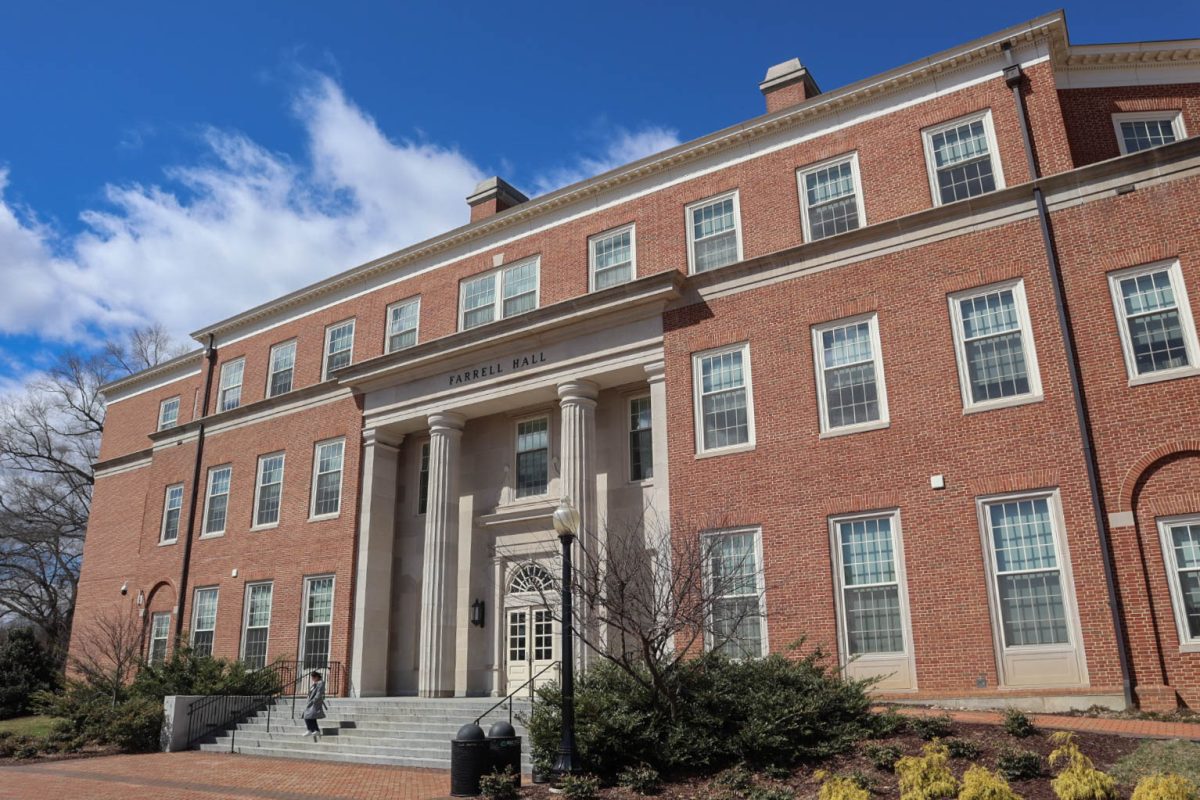Americans now have $1.4 trillion in unpaid student debt, according to the Federal Reserve. For a local perspective, US News reports the average North Carolinian in the class of 2015 has a student loan debt of approximately $26,000. To compound these large amounts of debt, large portions of young Americans are not fully aware of the sound financial habits that can help them pay off and navigate this debt.
A 2016 Citizens Bank millennial survey surfaces harrowing news: 60 percent of those surveyed expect to be paying off student debt into their 40s, 45 percent of debtors were not aware of how student debt specifically affected their disposable income, and 37 percent were unaware of the details regarding the interest on their loans.
There has never been a stronger case for universities to teach financial literacy. The heavy reliance on credit to pay for college plus an alarming portion of financial illiteracy amongst young post-graduates suggests a daunting problem. While universities may find difficulty in dropping their tuition costs, they can provide a more holistic education for students to handle the growing financial burden.
For its part, Wake Forest should offer a course to help students prepare for the changing post-college financial environment. The current inability for liberal arts students to take a finance class, excepting the Summer Management Program, suggests a current void in a curriculum.
It is also impractical to suggest a student interested in such should take the available Accounting 111, as the course is geared towards the curriculum of the business school and scope of business finance. As there’s currently a reevaluation of the course curriculum for the liberal arts college, Wake Forest’s administration has an opportunity to provide an immediate solution.
The restructuring would greatly benefit from an addition of Personal Finance 101: a course exposing liberal arts majors to the basics of finance skills. Basic necessities such as budgeting, building credit through sound spending habits, an introduction to stock market and general investing tips, paying taxes, and instruction on taking early steps toward retirement are all important topic matters which could be incorporated into the course.
There is reason to believe there would be interest from business students as well. Currently, there are no courses in the business school focused on personal finance. There has been concern voiced this year by students concenring the disparity between the business school and the liberal arts curriculum. This course addition can serve to allow for greater collaboration between the two schools.
Every Wake Forest student will need to pay bills, pay off loans — whether from education or future credit use — and pay taxes. Therefore, this effort would likely benefit liberal arts majors and business students alike who want to supplement their respective degrees with knowledge to prepare themselves to maximize their Wake Forest education and future careers.
















